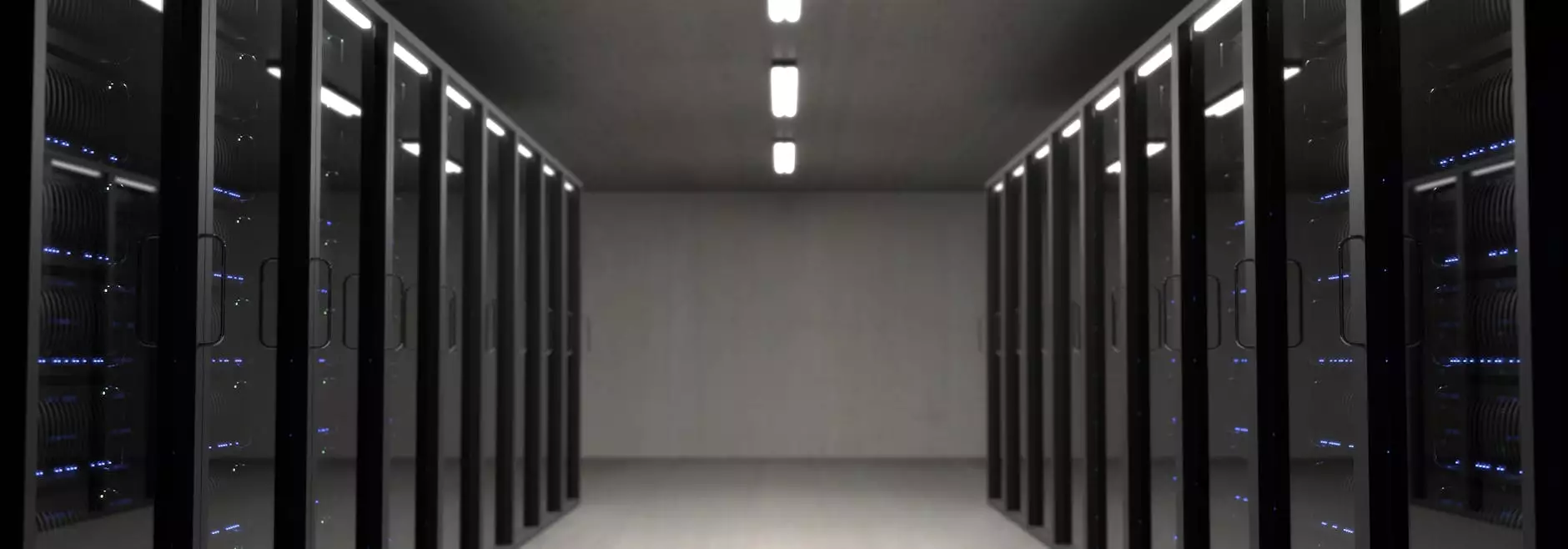Unleashing the Power of AI in Education

In the dynamic sphere of education, the integration of artificial intelligence (AI) has opened lucrative avenues for enhancing the teaching and learning experience. One of the most powerful applications of AI in today’s educational landscape is AI that writes essays for you. This revolutionary technology not only facilitates learning but also empowers educators to foster an environment conducive to growth and innovation. Let’s delve deeper into how AI can transform educational services, especially in the realm of special education, and reshape the future of learning.
The Role of AI in Modern Education
The incorporation of AI in education is no longer a mere concept of the future; it is a facet of our present. AI technologies have proven beneficial in numerous ways, such as:
- Personalized Learning: AI analyzes students' learning styles and paces, adapting materials to fit individual needs.
- Efficiency in Administrative Tasks: AI helps educators streamline processes, allowing them to focus more on teaching rather than paperwork.
- Data-Driven Insights: AI can analyze vast amounts of data to provide valuable insights into student performance and engagement.
Harnessing AI for Special Education
Within the special education sector, AI proves to be a game changer. Many students face unique challenges that traditional learning tools often overlook. Here’s how AI can be effectively utilized:
Tailored Learning Experiences
With the AI that writes essays for you, it is possible to provide tailored learning experiences that cater specifically to individual learning disabilities. For example, AI can:
- Adapt reading materials to simpler language and concepts.
- Provide verbal explanations and foster engagement through interactive learning.
- Analyze student responses to offer tailored feedback and advice.
Communication Aids
AI-driven communication tools can greatly assist students with verbal communication challenges. These tools often include speech-to-text functionalities, enabling students to express their thoughts more easily and effectively.
Resource Optimization
Educators can utilize AI to curate educational resources that specifically align with the needs of their students. This not only enhances learning but also allows teachers to save time in resource gathering.
AI in Educational Services
Beyond special education, AI impacts educational services as a whole. Here’s a closer examination:
Content Creation
Educational content requires constant updates, and AI can assist in generating quality materials. The ability of AI that writes essays for you means that schools and educators can provide fresh content quickly, maintaining student engagement and supporting curriculum standards.
Enhancing Collaboration
AI facilitates better collaboration between students, enabling them to work together on projects regardless of their geographical locations. This encouragement of teamwork fosters skills necessary for the modern workforce.
Assessment Innovation
The assessment process is evolving with AI. Traditional exams can be supplemented with AI-driven assessments that are more comprehensive and effective, often capable of evaluating a student’s understanding through various formats, including essays and interactive quizzes.
Public Perception and Misconceptions of AI in Education
Despite its advantages, the implementation of AI in education faces skepticism and resistance. Understanding the common misconceptions can help ease worries:
AI Will Replace Teachers
Many fear that with the rise of AI, educators may become obsolete. However, AI is intended to complement teaching, not replace it. Teachers will have more time to devote to personal interactions with students, fostering better learning environments.
AI Is Only for Tech-Savvy Users
Another myth is that only technologically advanced students can benefit from AI tools. In reality, these tools are designed to be user-friendly, catering to diverse skill levels and backgrounds.
Future Trends in AI and Education
As technology continues to evolve, the landscape of education will also change dramatically. Some anticipated trends include:
- Increased Use of Virtual Reality: Coupling AI with virtual reality will provide immersive learning experiences, making topics engaging and interactive.
- Heightened Focus on Lifelong Learning: AI will promote continuous learning opportunities, allowing individuals to upgrade their skills in an ever-changing workforce.
- Emphasis on Emotional Intelligence: Future tools will likely focus on developing social and emotional skills through AI-driven programs.
Challenges and Considerations
While AI brings compelling advancements, it is essential to address potential challenges:
Data Privacy Concerns
The collection of student data also raises questions about privacy. Developing robust data protection policies will be paramount.
Equity in Access
Another challenge is ensuring all students have equal access to AI resources. Ensuring equitable access will require significant investment and policy adjustments.
Conclusion
The fusion of artificial intelligence with education, particularly through tools like AI that writes essays for you, heralds a new era of learning. By enhancing personalized educational experiences, supporting special education, and streamlining educational services, AI can significantly improve educational outcomes. While challenges exist, the benefits of effectively integrating AI in the educational realm far outweigh the drawbacks, heralding a brighter future for learners and educators alike.
As we continue to explore the nuanced interactions of AI and education, the commitment to innovation and reaffirmation of human connections remains vital. Embracing this transformative journey will ultimately lead to the cultivation of enriched learning experiences and improved outcomes for all students.









